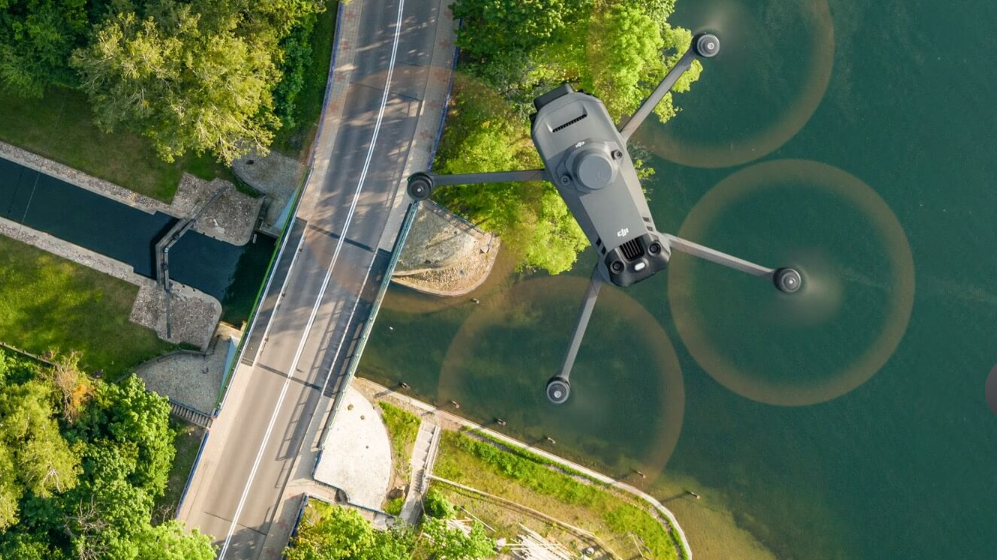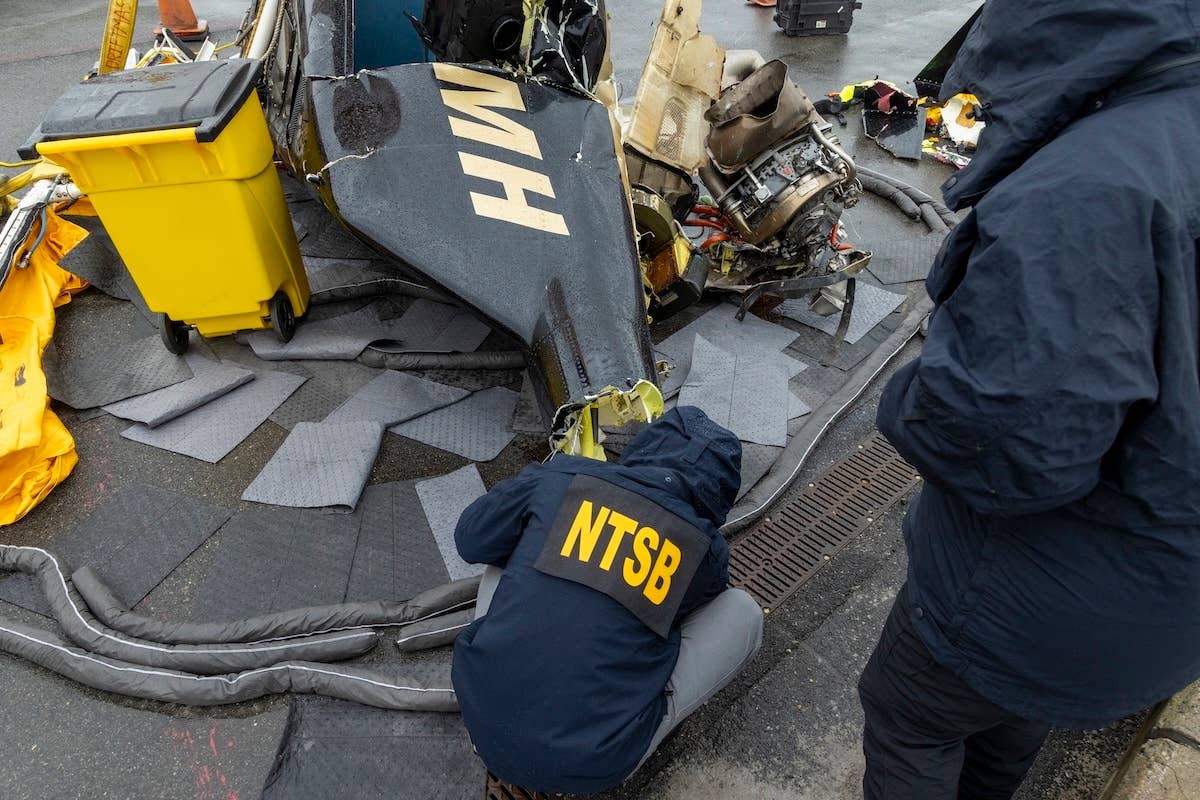
Jump Aero projects a potential landing zone for its proposed eVTOL aircraft in response to a cardiac event at a suburban home. Jump Aero
When a person’s life is at stake, every minute counts. That’s the premise behind Carl Dietrich’s motivation to enter into the electric-propulsion-aircraft sphere, with a vehicle that proposes to cut emergency response time in half. Dietrich, co-founder of Terrafugia, has partnered with co-founder Anna Dietrich, of the Community Air Mobility Initiative, and Jeff Myjak, of Still Water Design to launch Jump Aero, a start-up company focused on this special niche in aviation.
Dietrich and his partners identified the niche following analysis of the strengths and weaknesses of electric vertical takeoff and landing (eVTOL) aircraft. With the big players, such as Airbus and Rolls-Royce, looking at air taxi, among other applications, Dietrich says the team sought out a sweet spot where the barriers to entry would be lower, and they wouldn’t suffer competing with a well-funded industry giant.
They hit upon the first responder market because of the opportunity it posed, but also the chance to save lives. It promises other advantages too, as Dietrich told Flying. “The use of eVTOLs—where someone’s life is at stake—is much more likely to be accepted by society at large than air taxis. The chance to develop something that might save someone’s life someday—that is a really compelling story.”
The proposed aircraft is not intended to be a replacement for medevac helicopters. “Our mission is getting boots on the ground as quickly as possible,” says Dietrich. Today’s helicopters are not able to accomplish the mission, which requires landing on a standard two-lane suburban street, next to a home, for example, where an emergency is in progress. The goal is to cut the helicopter’s response time to half of its current 7-minute average, he says. Electric-powered aircraft are particularly suited to the mission, as they “switch on,” rather than having any kind of warm-up period—and “switch off” following the flight—as opposed to piston- or turbine-engine rotorcraft that need one or the other.
Jump Aero has made its announcement in anticipation of hearing from those very constituents it wishes to serve—the first responder community. “We want to make [the aircraft] in conjunction with our customers,” says Dietrich.

Sign-up for newsletters & special offers!
Get the latest FLYING stories & special offers delivered directly to your inbox






